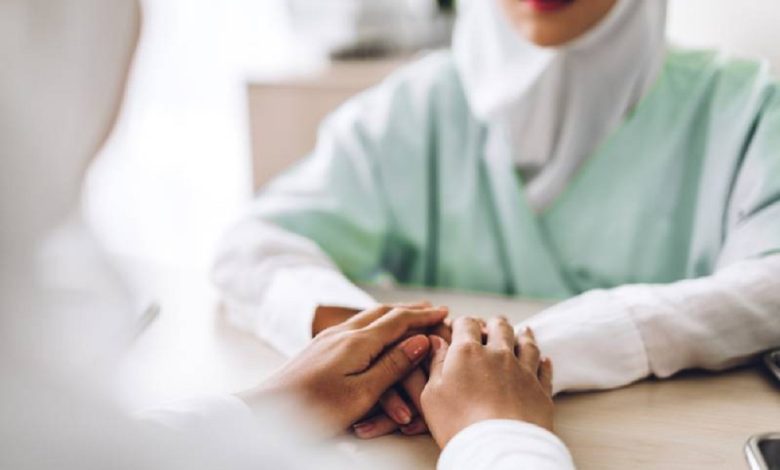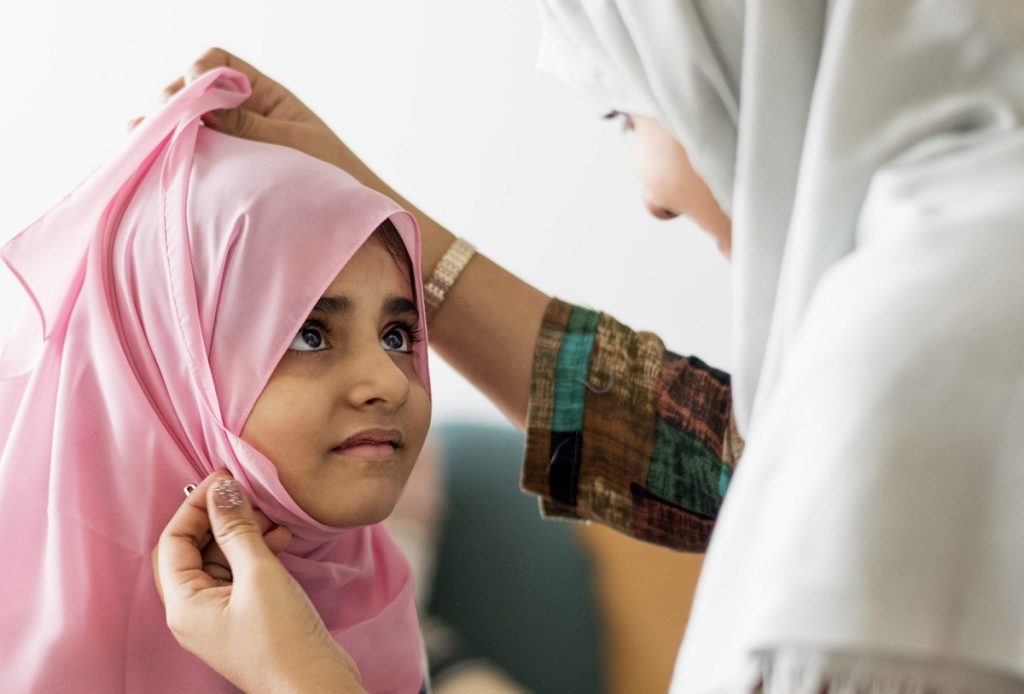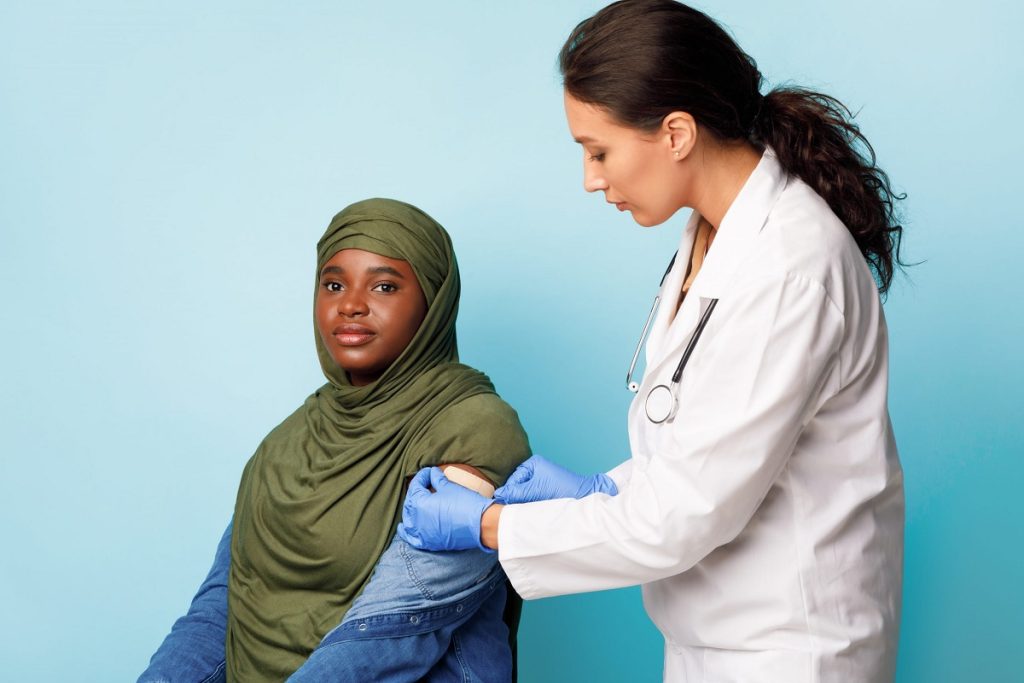Healthcare Rights for Muslims and Arabs in the United States: Equal Access and Challenges
Muslims and Arab Americans are entitled to the same healthcare rights as all U.S. citizens and residents, but cultural, linguistic, and systemic barriers often affect their access to quality care.

In the United States, healthcare is recognized as a universal right under federal and state laws, ensuring that all individuals—regardless of race, religion, or ethnicity—are entitled to receive medical care. This means that Muslims and Arabs in America legally share the same healthcare rights as other Americans.
However, while the law guarantees equality, the lived reality of many Arab and Muslim communities reveals significant disparities. Factors such as language barriers, cultural misunderstandings, discrimination, and lack of access to affordable insurance often shape their healthcare experiences.
Legal Rights and Protections
Muslims and Arabs in the U.S. benefit from several legal protections, including:
-
Civil Rights Act of 1964 – Prohibits discrimination in federally funded programs, including hospitals and clinics.
-
Affordable Care Act (ACA) – Expanded health insurance access for minorities, immigrants, and low-income families.
-
Patient Bill of Rights – Ensures privacy, informed consent, and equal treatment regardless of background.
These laws guarantee that Muslims and Arab Americans cannot be denied care due to their religion or ethnicity.

Common Barriers to Access
Despite legal protections, research shows that Arab and Muslim Americans often face challenges such as:
-
Language barriers – Limited English proficiency makes it harder to communicate with healthcare providers.
-
Cultural and religious differences – Issues like modesty, fasting during Ramadan, or dietary restrictions may not always be understood by medical staff.
-
Insurance gaps – Like many immigrant communities, some struggle with access to affordable health coverage.
-
Discrimination and bias – Islamophobia or stereotyping can lead to mistrust between patients and providers.
Community Responses and Support
To overcome these barriers, many initiatives have emerged:
-
Arab American health organizations provide translation services and culturally sensitive care.
-
Mosques and community centers often host free medical clinics and health awareness programs.
-
Medical training programs increasingly include cultural competence modules to prepare healthcare workers to better serve diverse populations.
The Road Ahead
Ensuring true healthcare equity for Muslims and Arabs in the U.S. requires more than laws—it requires:
-
Cultural competency training for medical staff.
-
Language access programs in hospitals and clinics.
-
Policy reforms to expand affordable health insurance.
-
Active community engagement between healthcare providers and Arab/Muslim organizations.

Conclusion
Muslims and Arabs in the United States do have the same healthcare rights as other Americans by law, but equal rights do not always translate into equal outcomes. Addressing the cultural, linguistic, and systemic challenges is crucial to making healthcare truly inclusive and accessible.



